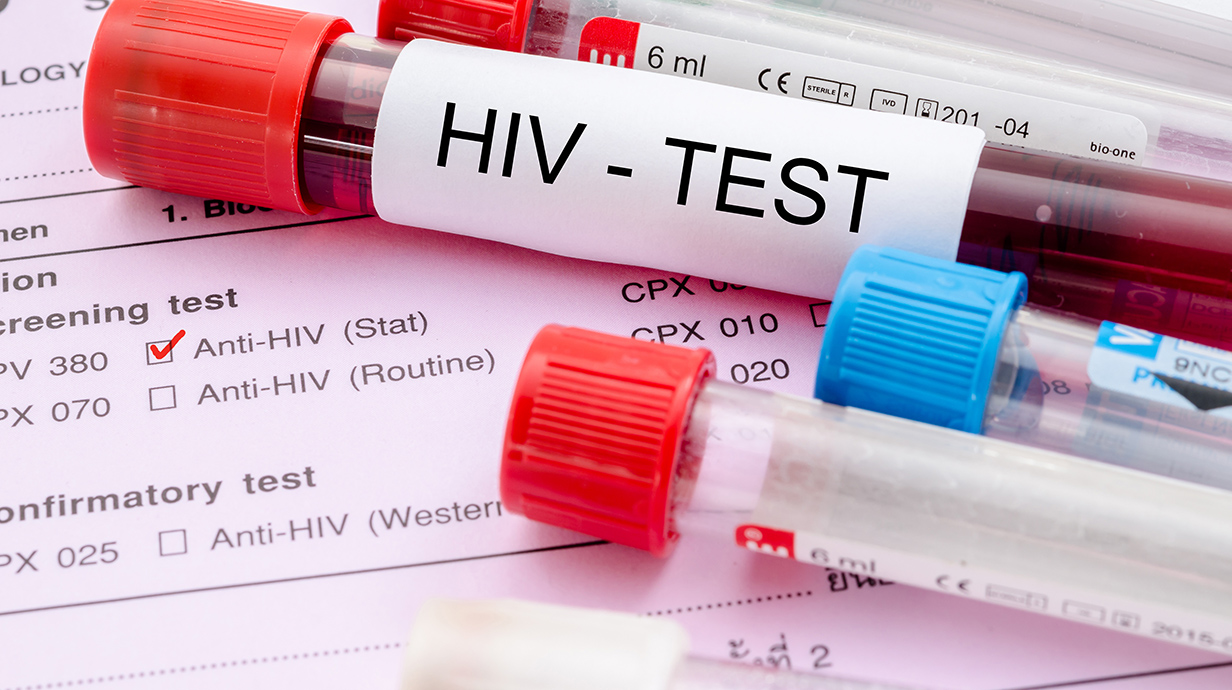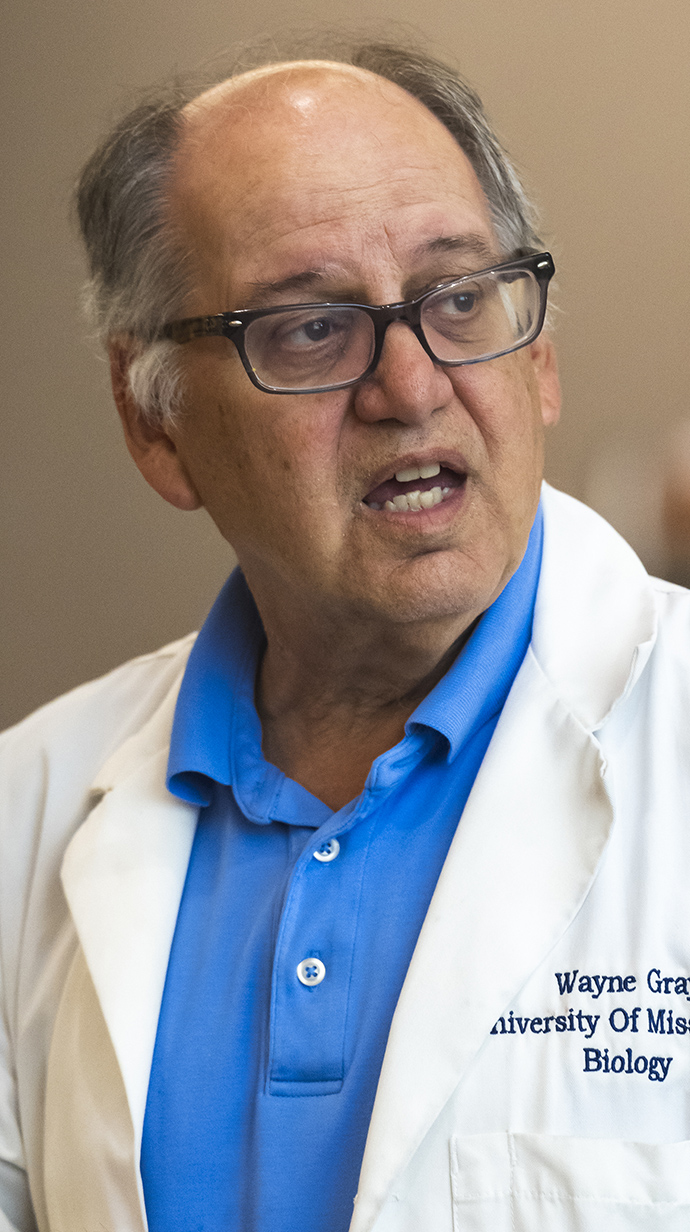News You Can Use: How to Stop the Spread of HIV
Mississippi has one of the nation's highest rates of new cases

OXFORD, Miss. – Human immunodeficiency virus was once considered a problem of big cities and urban areas, but the South has become the new epicenter of the HIV epidemic, a University of Mississippi virologist warns.
In 2022, 53% of all new HIV diagnoses occurred in the South, despite the region being home to only 38% of the nation's population. Mississippi's new infection rate is among the highest in the nation, said Wayne Gray, instructional associate professor of biology.
The key to curbing the spread of HIV is education, Gray said.
"We used to think of HIV and say, 'That's the disease of San Francisco and New York,' but nowadays it's really a disease of the South and of Mississippi, in particular," he said. "What's changed? Education. People in San Francisco and New York; now they have an awareness of this disease. They have learned precautions.
"In the South, we're still catching up and trying to get on top of this problem."

HIV attacks the immune system, weakening the body's ability to fight off common infections and diseases by attacking white blood cells. If the damage to the immune system becomes severe, HIV progresses to acquired immunodeficiency syndrome, or AIDS.
The virus is highly contagious through blood, semen, breast milk and rectal or vaginal fluid, meaning that it is often sexually transmitted.
No cure exists for HIV, nor is there a vaccine. But a person who has HIV can still lead a normal life, he said.
Antiretroviral therapy, a treatment plan for HIV, reduces the amount of HIV in the body, which strengthens the immune system and prevents transmission. This can allow someone living with HIV to live longer and healthier lives than they could without treatment.
"There is still such a stigma around HIV that people who have it are constantly contagious and that you can get it through casual contact, but that's just not the case," Gray said. "That's part of the problem."
The virus cannot be transferred by tears, sweat, touch, or air – meaning casual contact with a person who has HIV has no risk of transmission. But the stigma surrounding the virus prevents many people from getting tested.
"More than 13% of people who have HIV don't know they have it," Gray said. "That means that they're contagious and don't know it, and they're at a higher risk of developing AIDS."
Anyone who is sexually active should get tested regularly so that they can prevent the spread of the virus and to begin treatment as quickly as possible, Gray said.
Many free HIV testing clinics operate in Mississippi, including at the University of Mississippi Medical Center, and low-cost testing and treatment options available through the Mississippi Department of Health and Human Services.
"There are a lot of options available for someone who has HIV, but they have to know about them," Gray said. "We need education, public service announcements, people going out in the community and letting the community know about this very significant outbreak of HIV.
"When you make people aware that this is a real problem, we can start going toward a solution."
Top: One of the most important things people can do to help stem the surge in HIV infections in the South is to get tested, Ole Miss virologist Wayne Gray advises. Adobe Stock photo
By
Clara Turnage
Campus
Office, Department or Center
Published
May 29, 2025
